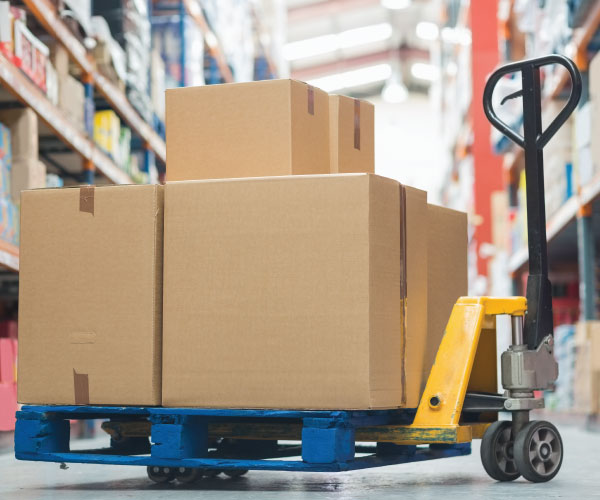When you’re moving freight frequently, you’ll need to determine whether LTL freight shipping or retail pool distribution is the most cost-effective option. While both transportation methods are practical alternatives for full truckload, they do have advantages and disadvantages. This article will educate you on the differences between retail pool distribution and LTL shipments so you can determine the most streamlined option for your business.
Retail Pool Distribution & LTL Shipment Comparison
When shipping less than truckload (LTL), you pay for the portion of the trailer used and share the remaining space with other companies. When shipping using pool distribution, you combine freight going to the same geographic region into single or multiple truckloads, so your packages are the only ones on the trailer.
Below is a comparison of the costs, transit times, delivery speeds, and chances of claims with each transportation method.
Transportation Costs
Retail Pool Distribution:
- Pool the freight to save on overall costs instead of multiple LTL shipments.
- Ship products to regional pool points, then move onto mileage-rated trucks for final delivery, resulting in linehaul savings.
- Reduce overhead costs of a distribution center since pool distribution leverages cross dock facilities.
LTL Shipment:
- Pay for the space you need, nothing more.
- Determine the freight’s density, storage ability, handling, and liability to calculate the final cost.
- Trucking lanes used to reach the destination will impact the overall price.
Transit Times
Retail Pool Distribution:
- Reliable transit times since the only stop before final delivery is the pool point.
- Delivery is available for loose cartons or pallets, as needed.
LTL Shipment:
- Varying transit times because the LTL truck will deliver along the route before reaching the destination.
- Freight is packaged and wrapped on pallets.
Delivery Speed and Tracking Options
Retail Pool Distribution:
- Flexibility options to set delivery date and time.
- Potential short-term warehousing options, if needed.
- Manage time-sensitive deliveries.
- Control with tracking options and inventory visibility.
LTL Shipment:
- Less individual control on delivery time compared to pool distribution.
- Tracking visibility is low because of the multiple stops on the route.
Chances of Claims or Losses
Retail Pool Distribution:
- Receive more inventory control due to the extra checkpoints at the pool points.
- Regular freight checks for quality and quantity.
- Review cartons for damage or missing pieces before final delivery, which reduces product claims and losses from the customer.
LTL Shipment:
- Cartons are packaged on pallets, not individually handled.
- Reduce freight damage since items are protected from wear and tear on pallets.
Choosing Between Retail Pool Distribution & LTL Shipments
If you’re still unsure if LTL or retail pool distribution is the best shipment option, consider the following.
LTL shipments are ideal if your freight meets any of the following needs.
- Packages won’t fill an entire truckload.
- Freight weighs between 150 pounds to 15,000 pounds.
- Delivery location requires special services (i.e., liftgate, inside pickup, pallet jacks).
Retail pool distribution shipments are ideal if your freight meets any of the following needs.
- Frequently using regular LTL-size shipments.
- Shipping several loads to a specific region.
- Freight weighs between 150 to 10,000 pounds.
- Need to deliver loose cartons or pallets.
- Want more control over delivery dates and times.
- Deliveries require special services (i.e., disasters, expedited items, trade shows).
Work with a Full-Service Logistics Provider
At Service Express, we’ve developed a reputation of reliability, honest communication, and fair pricing – and we’re here to help you. Our team will review your needs to help you determine if pool distribution or LTL transportation is your best option. Contact us today to learn how we can help you.


